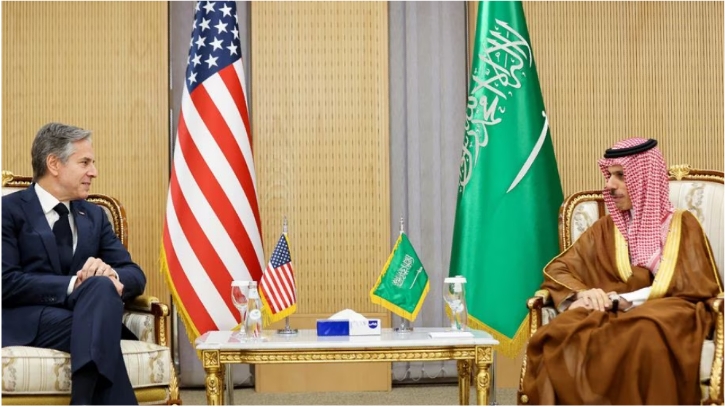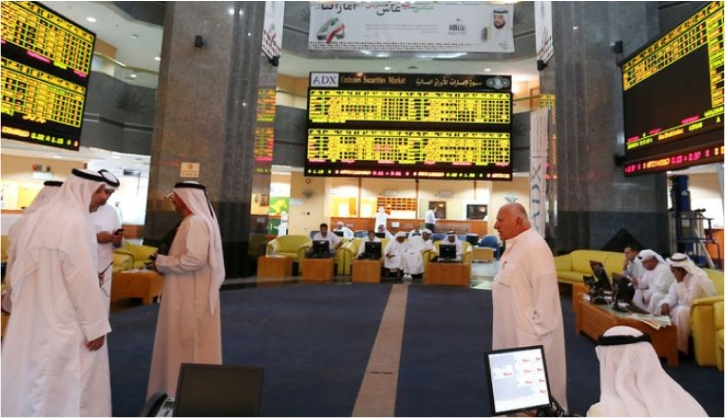Artificial intelligence (AI) has come a long way in the last few years. Thanks to advances in machine learning and neural networks, AI systems are becoming increasingly capable of performing complex tasks and learning from experience. But as AI gets smarter and more ubiquitous, concerns are growing about its potential impact on society and humanity.
One of the most prominent voices raising the alarm is Geoffrey Hinton, an award-winning computer scientist known as the “godfather of artificial intelligence”. Hinton helped pioneer AI technologies critical to a new generation of highly capable chatbots like ChatGPT. However, he recently resigned a high-profile job at Google specifically to share his concerns that unchecked AI development could pose danger to humanity.
Hinton believes that AI systems are now very close to being more intelligent than humans and will likely surpass human intelligence in the future. While the human brain has roughly 86 billion neurons and 100 trillion connections, AI models like GPT-4 have between 500 billion and a trillion connections, which means they can learn and know hundreds of times more than any single human. Hinton also notes that AI systems can learn new things very quickly once properly trained by researchers and can share copies of their knowledge with each other almost instantly.
Hinton is not alone in his concerns. Shortly after the Microsoft-backed startup OpenAI released its latest AI model called GPT-4 in March, more than 1,000 researchers and technologists signed a letter calling for a six-month pause on AI development because, they said, it poses “profound risks to society and humanity”.
One of the biggest concerns about unchecked AI development is the possibility of malicious actors using smarter-than-human AI systems to further their own ends. For example, election misinformation spread via AI chatbots could become the future version of election misinformation spread via Facebook and other social media platforms. Hinton is particularly concerned that these tools could be trained to sway elections and even to wage wars.
Another concern is that there may be a shortage of solutions to prevent the weaponization of AI. While Hinton suggests that a global agreement similar to the 1997 Chemical Weapons Convention might be a good first step towards preventing the weaponization of AI, it’s not clear how effective such rules would be in stopping nations or rogue actors from using AI to dominate their neighbors or citizens.
Despite the concerns, AI development shows no sign of slowing down. Companies and governments around the world are pouring billions of dollars into developing AI systems for everything from healthcare to finance to national security. However, the risks associated with AI development are becoming increasingly clear, and experts are calling for greater attention to be paid to the ethical and social implications of AI.
One way to address these risks is through responsible AI development. This involves building AI systems that are transparent, accountable, and aligned with human values. It also involves engaging in open and honest dialogue with stakeholders, including the public, about the potential benefits and risks of AI.
As AI technology continues to evolve and become more capable, it’s essential that we take a measured and responsible approach to its development. We need to ensure that the benefits of AI are maximized while the risks are minimized. Only then can we harness the full potential of AI to improve our lives and our world.















